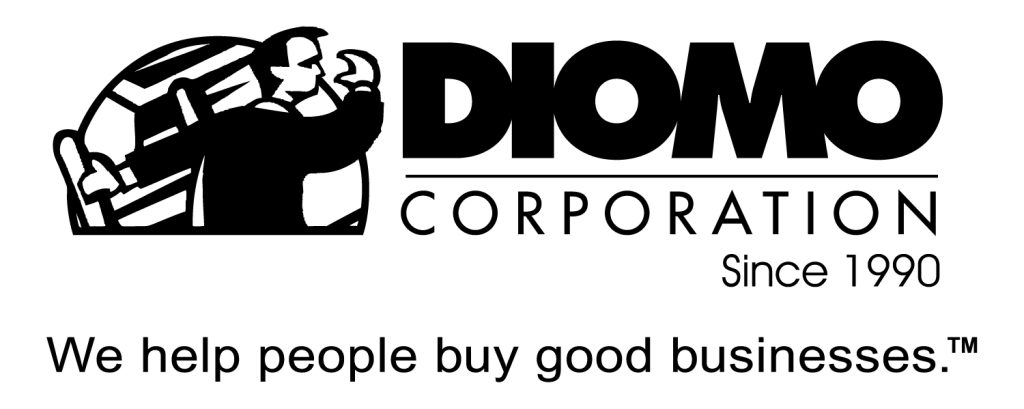One of the most common issues that prevents a business for sale from getting to the closing table is the actual valuation process and the inability for the parties to get past it successfully. There are fundamental challenges that face both buyers and sellers in this regard, and after two plus decades in this business, I can state unequivocally that the blame is shared equally between the two sides in a transaction.
Since a seller will generally set the mark by establishing an asking price, many buyers make the mistake of using this figure as the basis for the valuation that they calculate. Usually, the buyer will arrive at a price that is substantially below the asking price and they find themselves in a quandary believing any offer they make may “insult” the seller. So what should a buyer do?
First and foremost, a buyer has to completely forget about the asking price and the reason for doing so is to eliminate any bias in the calculation. Too many sellers establish an asking price without any real world thought given to it. Or, they simply determine a price based upon what they “need” to exit the business. That is not a quantifiable formula yet it is often the case.
Moreover, the actual enterprise value is just one component of any business purchase transaction. One must consider the deal terms, financing, training period, earnout formulas where applicable and on and on the list goes.
There is an old adage in the business brokerage community that a business for sale is overpriced the day it is listed for sale yet, the business is still taken to market. Why is this? The thinking is that the seller will, over time, adjust their price as buyers surface with offers below the seller’s initial asking price. Personally, I think this strategy is asinine simply because when a seller starts t a certain point they have expectations that often are difficult to undo. Nevertheless, it happens quite often but there is a positive flip-side to this scenario which benefits the buyer.
One of the most effective tactics a buyer can implement is to ask the seller to lay out how they arrived at their asking price. In fact, it is one thing every buyer should ask from the onset of discussions and before they (the buyer) even begins their own valuation. Great insight can be achieved when a buyer understands the seller’s thought process behind their price and you may be surprised to learn that there is no logic at all. When the seller is unable to provide a valid theory the buyer has the immediate advantage, but often they let it go by the wayside. The only way to leverage this scenario is by formulating a counter offer based upon a logical exercise and the only mechanism to do so is to understand how to properly value any business for sale. This may and should include a range of accepted valuation formulas and should never be a “shot in the dark”.
Sure there is the old saying that a business is worth what a buyer is willing to pay and a seller is willing to accept but the parties have to begin somewhere, and I would rather work under the basis of logic.
Although not every seller can be persuaded to adjust their thinking and expectation level, one thing is certain: when the buyer’s valuation is based on fact and the seller’s asking is based on opinion, the buyer we will their case in every deal if the seller is truly serious about getting a deal done.
To learn more about valuations and strategies to use when buying a business read the articles and Ask the Expert sections at www.diomo.com

